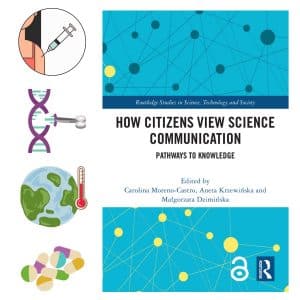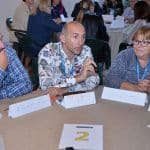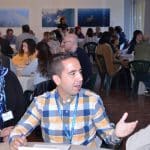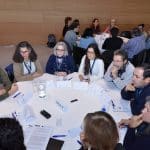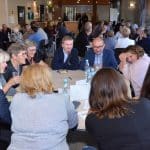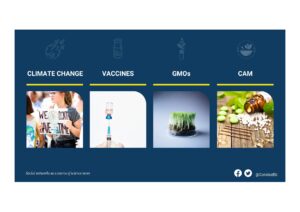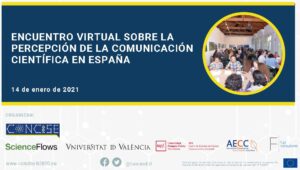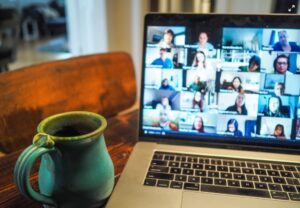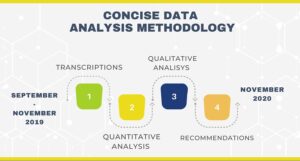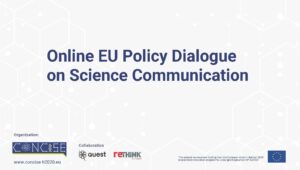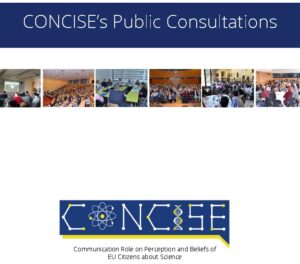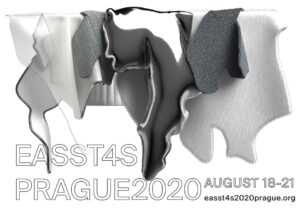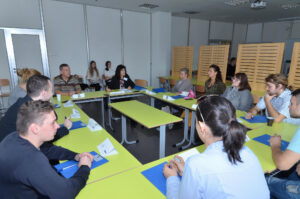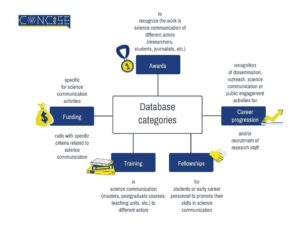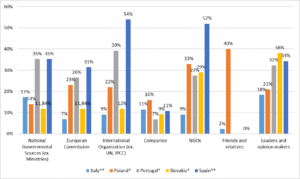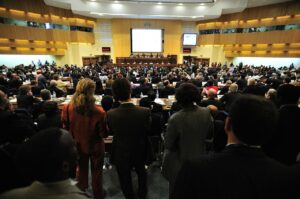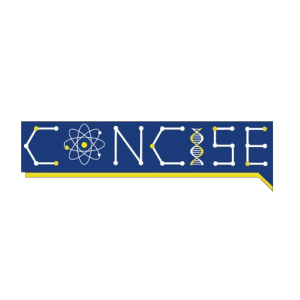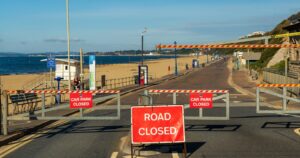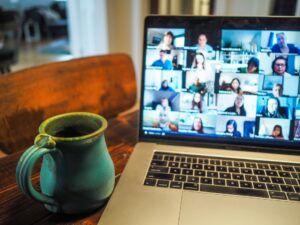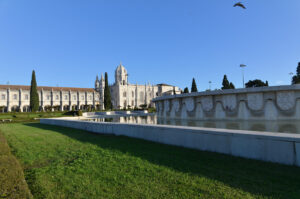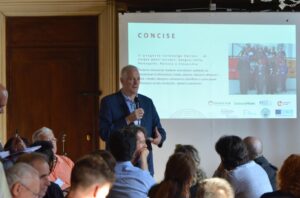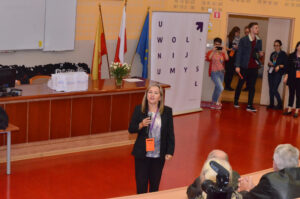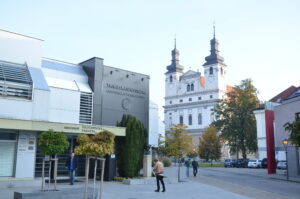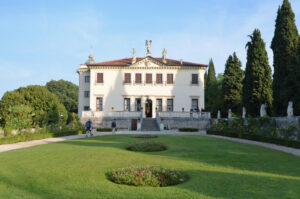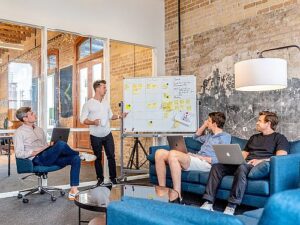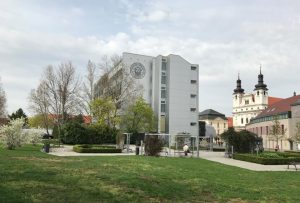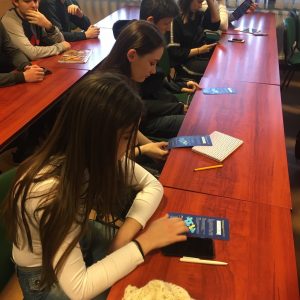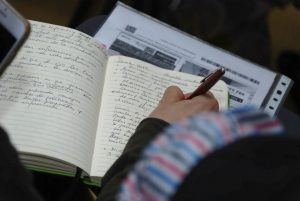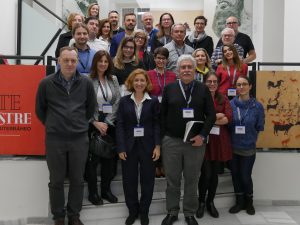Carolina Moreno-Castro
Universitat de València
Coordinadora de CONCISE
En un panorama cambiante como el de la comunicación científica, el libro How Citizens View Science Communication: Pathways to Knowledge surge como una revisión crítica de la relación dinámica entre el público y la difusión del conocimiento científico. Publicado por la editorial Routledge, este libro destaca por su profundo análisis basado en los resultados del proyecto europeo CONCISE (Communication Role on Perception and Beliefs of EU Citizens about Science), cuyo objetivo fue desentrañar las complejidades de cómo los ciudadanos de toda Europa percibían e interactuaban con la comunicación científica.
El proyecto CONCISE, financiado por la Comisión Europea, buscaba identificar una comunicación científica eficaz explorando la confianza, el compromiso y la comprensión de la ciencia por parte del público. A través de consultas públicas celebradas en cinco países europeos (España, Italia, Polonia, Portugal y Eslovaquia), el proyecto reunió diversas perspectivas sobre la comunicación científica y seleccionó cuatro temas para debatir sobre cuestiones de salud y medio ambiente.
How Citizens View Science Communication: Pathways to Knowledge destaca la importancia de la confianza en las instituciones científicas y los medios de comunicación, el papel de las redes sociales y las creencias personales en la configuración de las percepciones y el impacto de la desinformación en el discurso público. También explora la eficacia de los canales de comunicación, desde los medios tradicionales hasta las plataformas digitales, para transmitir información científica a audiencias diversas.
Carolina Moreno-Castro, Aneta Krzewińska y Małgorzata Dzimińska coordinaron el libro y participaron además en cuatro capítulos junto al equipo del consorcio europeo. La autoría de los cinco capítulos del libro está distribuida de la siguiente manera:
Chapter 1 Collecting, analysing, and interpreting the results of the European public consultations on science issues, Carolina Llorente, Gema Revuelta, Izabela Warwas, Aneta Krzewińska
Chapter 2 What do citizens want? Science communication in the eyes of the public, Jussara Rowland, Małgorzata Dzimińska, Andrea Rubin, Edurne Gaston, Lenka Diener, Empar Vengut-Climent
Chapter 3 Citizens’ acceptance of public consultation rules: insights into their evaluations, Izabela Warwas, Kamil Brzeziński, Agnieszka Kretek-Kamińska
Chapter 4 The trustworthiness and reliability of science information channels and sources in the public’s view, Giuseppe Pellegrini, João Estevens, Aneta Krzewińska, Isabel Mendoza, Peter Guran
Chapter 5 Perceptions of science information on climate change and GMOs, Ana Delicado, Carolina Moreno-Castro, Sonia Brondi, Justyna Wiktorowicz, Lenka Diener
How Citizens View Science Communication: Pathways to Knowledge es un recurso valioso y oportuno que arroja luz sobre el estado actual de la comunicación científica en Europa y traza un camino a seguir con prácticas más efectivas e inclusivas. Este libro ofrece ideas convincentes y orientación práctica para cualquier persona interesada en las intersecciones de la ciencia, la sociedad y la comunicación. Las citas de los ciudadanos participantes en cada país son un valioso ejemplo de ciencia ciudadana, y la metodología de análisis de los debates fue muy relevante para la investigación en comunicación científica.
ISBN 9781032510668
DOI https://doi.org/10.4324/9781003400943

